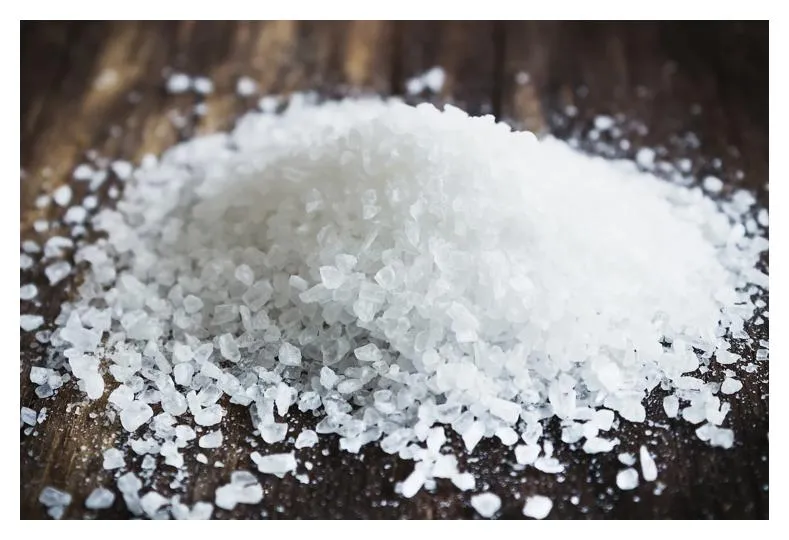
Is Salt Compatible With The Keto Diet?
As the ketogenic diet continues to grow in popularity, many people are left questioning how their favorite seasonings fit into this high-fat, low-carb diet plan. Today, we're focusing on one of the most common, yet overlooked, elements of our kitchen pantry – salt. This humble yet essential kitchen staple, known for both flavour enhancement and its role in bodily functions, raises a question amongst many keto enthusiasts: Is salt keto-friendly?
Understanding the Keto Diet
Before we delve into the specifics of salt on keto, it's vital to familiarize ourselves with the fundamental principles of the ketogenic diet. This regimen primarily emphasizes high fat (approximately 70-80% of daily caloric intake), moderate protein, and very low carbohydrate intake (usually below 50 grams of net carbs per day). The ultimate goal? To propel your body into a state of ketosis, where it chiefly burns fat as its primary energy source rather than carbohydrates.
Nutritional InformationPer (1 Tsp (5.5g)):
Per 100g:
| 
Salt is very keto-friendly! It's a great choice if you're trying to maintain ketosis. |
Sodium chloride, better known as salt, is a mineral consisting primarily of two elements, sodium and chloride. It is commonly used to add flavor to food and preserve it.
Strictly speaking in terms of carbs, salt boasts a perfect score, with 0 grams of carbs per serving. As such, it slots perfectly into the 'very keto-friendly' category and can be safely be consumed without breaking ketosis.
Beyond its null carb content, salt plays the quintessential role of maintaining fluid balance in the body and it assists in nerve transmission and muscle function. While it doesn't wield a wide array of micronutrients like the asparagus, it contains vital minerals such as sodium and chloride, integral to cellular function and fluid equilibrium in our bodies.





